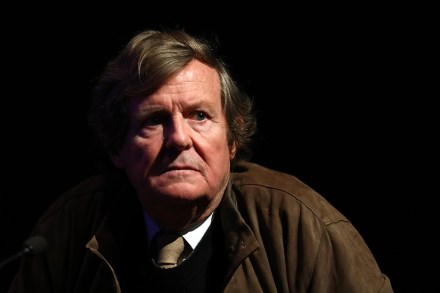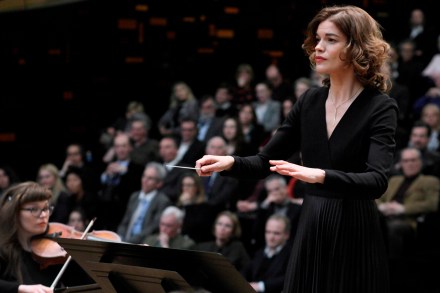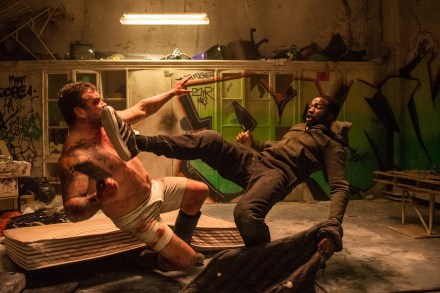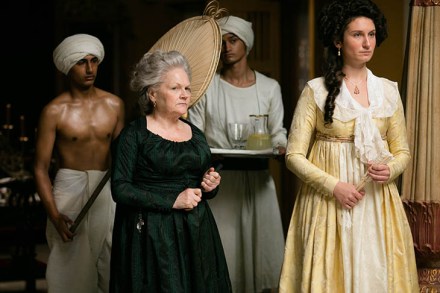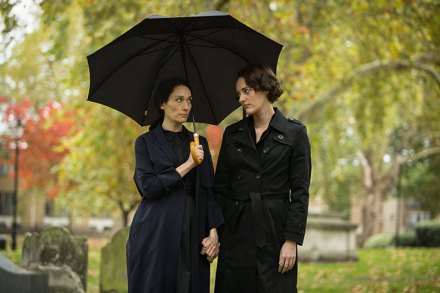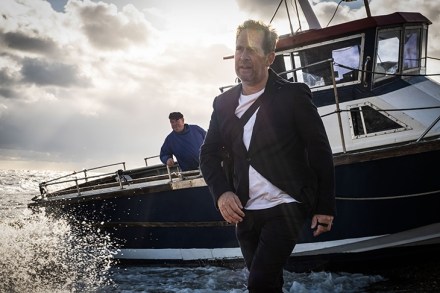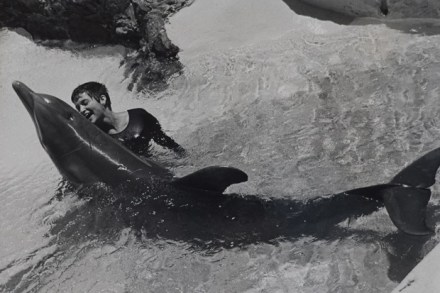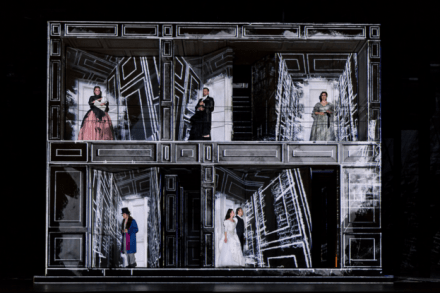Spare us David Hare
Having not watched television for nine months and already growing bored of the 1,000-piece jigsaw of General Alfredo Stroessner (part of the ‘Vigorous Leaders’ range from Waddingtons), my wife suggested — for a novelty — that maybe we should take in the new political thriller starring Hugh Laurie, called Roadkill. We have fond memories of Laurie from previous dramas and are both mildly interested in politics, so it seemed an agreeable idea. ‘What side is it on?’ I asked, with a note of warning. ‘BBC One,’ replied the missus, and we looked at each other glumly and I said: ‘Oh Christ. It’ll be a woke BAME-athon. Isn’t there an old
